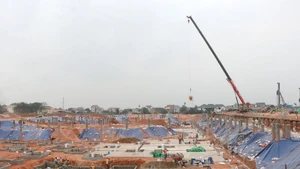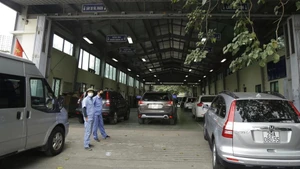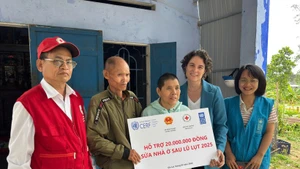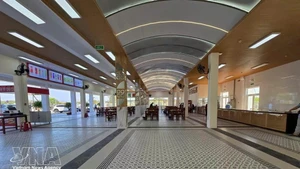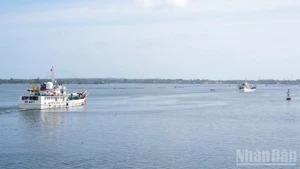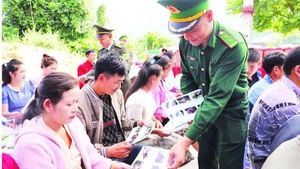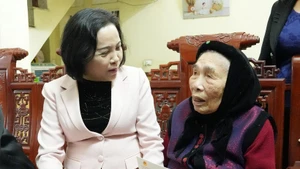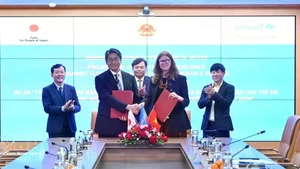The working session took place after the Government leader made a field trip to landslide sites in the Mekong Delta provinces of Ca Mau, Soc Trang and Bac Lieu earlier the same day.
Households in the areas prone to landslides need to be evacuated to safer places, he said, asking the Ministry of Agriculture and Rural Development (MARD) to coordinate with the Ministry of Planning and Investment (MPI), the Ministry of Finance and localities to review serious landside areas and set forth countermeasures.
The MPI and the Ministry of Finance will work together on a resources allocation plan for the affected localities, which should be submitted to the PM for approval, he said.
For the long run, the Mekong Delta needs big projects to respond to climate change and boost sustainable development, the leader emphasised.
He urged the MARD, the Ministry of Science and Technology and the Ministry of Natural Resources and Environment to join hands in studying causes of riverbank landslides, coastal encroachment and the degradation of mangrove forests.
PM Chinh also stressed the need to closely supervise the planning and construction of houses and other facilities along rivers and beaches, control sand, underground water and mangrove forest exploitation, pay more attention to afforestation, and mobilise resources for anti-landslide projects.
According to reports by localities, 187 kilometres of coastline in Ca Mau has been eroded, washing away 5,250 hectares of protective forests and land, while 425 kilometres of riverbanks have been eroded or at risk of erosion.
Since the beginning of this year, Soc Trang and Bac Lieu provinces have also experienced serious riverine and coastal erosion cases, causing big economic losses.
Up to 286 out of the total 744 kilometres of coastline in the region has been seriously eroded.

